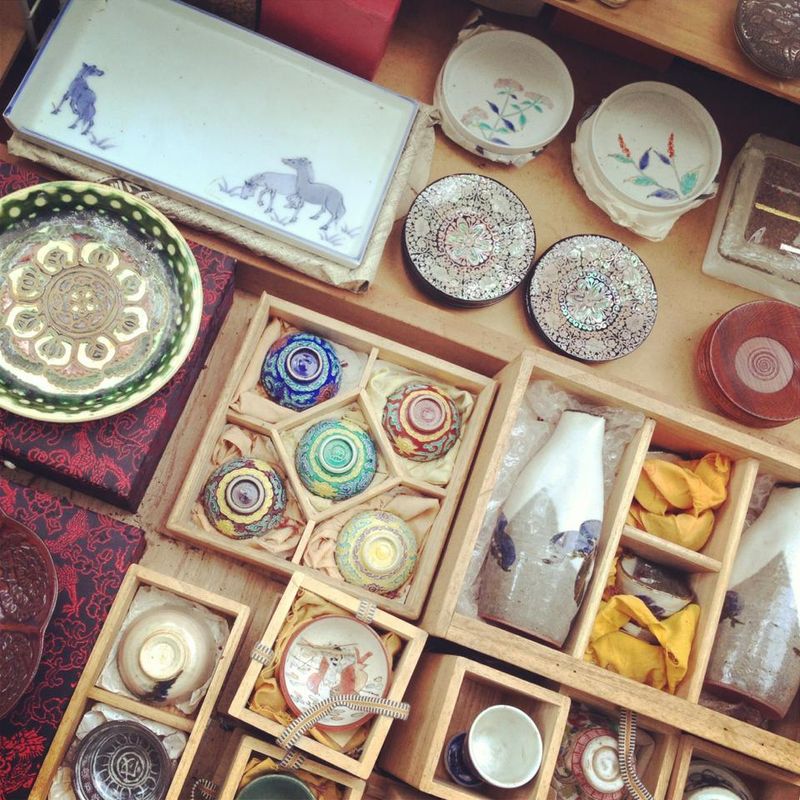Sep 12, 2018
Bad experiences in Japan: Shrine sale snarkiness
I’m fortunate that my experiences in Japan over the last five years have fallen into the “mostly good or great” category. My family and I always try to be respectful of this country and the culture and customs here (even if we don’t always understand them), and we’ve made some great friendships and connections. In short, Japan feels like home, even though my husband and I aren’t Japanese based on our respective passports.
In saying that, nowhere is a complete utopia, and we’ve still had our fair share of bad experiences. I touched briefly on the door to door newspaper salesman who came past our house recently and assumed (and literally said out loud!) that since we were foreigners we wouldn’t be able to read Japanese and would have no reason for a newspaper subscription. That concept of “you’re a foreigner so you must be stupid” has carried over to a few things during our time in Japan.
One that I remember from when we first moved to Japan was at a shrine sale we visited. I’m someone who loves markets and scouring for fun unique pieces for my house, so I thought it was going to be a really enjoyable experience - which it was for the most part. I found some great kokeshi dolls and a few other bits and pieces that I purchased, but I also saw a vase that I adored. When I enquired about the price, my face must have said it all when the particular vendor said the vase was 40,000 yen - much more than my 20 something self had in her budget for a vase at the time. I still don’t think I’d ever spend that much for a vase...especially with kids in the house these days!

40,000 yen vase not pictured. Those colorful sake cups (the box of 5) were 30,000 yen though! Phew!
Anyhow, I digress.
When I tried to explain that a 40,000 yen vase just wasn’t something I could afford at the time, the store vendor went on an angry rant - he told us that the piece was from the Edo period and was exasperated that we “gaijin” didn’t know the value of it, and proceeded to call us cheap. You can imagine how welcome we felt at that point! I’d had incredibly warm and pleasant experiences with everyone I’d encountered in Japan up until then, so I guess it stuck with me even more.
There are a few things I’ve tried to remind myself though from that experience.
This was a shrine sale right in Tokyo that is probably frequented by a number of expats and tourists alike. I’d get a little frustrated too if I knew the historical value of a piece from my home country that others didn’t understand...especially if I’d had several people approach me about it and then been shocked by the price.
Also, I know that in certain countries haggling on a price is normal and expected but here in Japan I’ve never encountered that attitude. I’m wondering if he expected us to try and haggle with him and was trying to gear up for having to indicate that there was no wiggle room. The price was fixed and that was that.
If I could speak to him again, I’d probably try and tell him that a better approach would be trying to educate people rather than put them down. Sure, most foreigners aren’t going to be able to tell as soon as they look at a vase that it’s several hundred years old, but give them a bit of a polite education! Simply saying that it was a vase that has a great deal of historical significance and is a true antique rather than a dust collector in someone’s house would have been enough.
Cultural misunderstandings will always happen in a global world. I’m not Japanese, and so I don’t understand every element of the history here. I may have outwardly seemed disappointed that a beautiful, hundreds-of-years-old vase was too expensive for my budget, and perhaps that seemed offensive to the vase owner who knew its true value. However, those misunderstandings or lack of knowledge should be seen as a perfect opportunity to help people learn, and not to put anyone down or make them feel like a “stupid gaijin”.



0 Comments